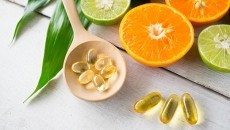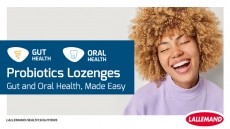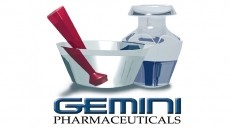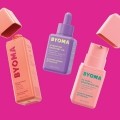Beeswax offers natural solution for nanoencapsulation: Study
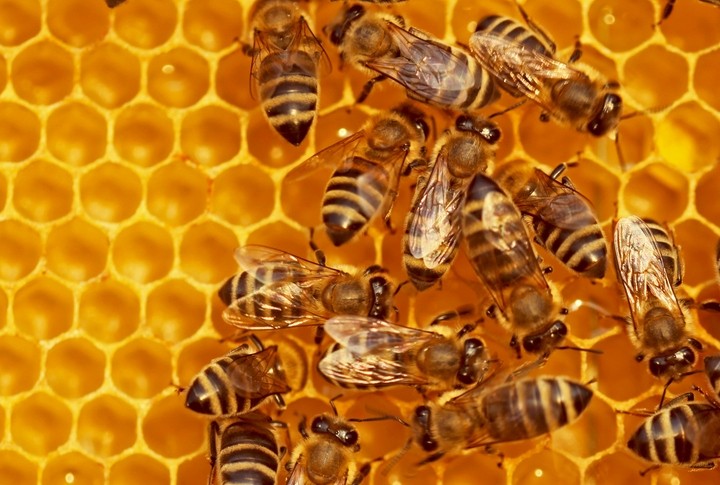
Researchers from Iran recently investigated the encapsulation efficiency (EE) of co-encapsulated omega-3 and vitamin D3 in beeswax, to understand if it improved the low solubility and stability of the bioactive compounds in harsh conditions.
“Co-loaded vitamin D3 and omega-3 in beeswax SLNs have great potential to be used as bioactive compounds in food fortification and production of functional foods,” they reported in the journal Frontiers in Nutrition.
Solid lipid nanoparticles
SLNs, composed of solid lipids dispersed in an aqueous surfactant solution, have been shown to boost the bioavailability and stability of encapsulated compounds, while co-encapsulation of bioactive components, such as vitamin D3 and omega-3 fatty acids, in SLNs has shown promise in enhancing stability and functionality.
Beeswax, known for its low toxicity, biodegradability and affordability, is presented as a solid lipid for SLNs as it has a melting temperature of 61°C to 67°C. Its hydrophobic nature makes it an "ideal matrix for lipid-soluble substances in SLN fabrication," the authors noted.
It has been shown to be successful as a lipid matrix for food-compatible SLNs, however previous research encountered challenges in identifying the correct ratio of beeswax in the lipid matrix—where increasing the beeswax decreased the storage stability of encapsulated vitamin D3 but increased its EE and release rate (in the phosphate buffer).
Omega-3 and vitamin D3 encapsulation
For this study, the researchers co-loaded omega-3 and vitamin D3 into beeswax SLNs and observed the EE of the bioactive ingredients in function of the concentration of the core solution, which included vitamin D3 (5 mg and 10 mg/mL) and omega-3 (8 mg and 10 mg).
The simultaneous encapsulation of vitamin D3 and omega-3 at concentrations of 5 mg and 10 mg, respectively, showed the highest EE, and spherical nanocapsules with the lowest sized (63.5 nm) was selected as the optimum form. In vitro results indicated that 19.4% of omega-3 and 9.3% of vitamin D3 could be absorbed on nanoparticle surfaces and quickly released into the buffer solution. In highly oxidizing conditions, 96.2% and 90.4% of entrapped vitamin D3 and omega-3 remained stable in nanoparticles.
The nanocomplexes showed capable storage stability, and no agglomerate or aggregate was observed after 30 days of storage at 4°C, showing "high stability against harsh conditions, which is important for the use of sensitive nutrients," the authors noted.
“Since beeswax nanoparticles are a good carrier and have a suitable loading capacity, it is suggested to load various fat-soluble vitamins, essential oils, antibiotic compounds and postbiotic compounds into them in future research,” they concluded.
Beeswax
The inclusion of beeswax in supplement development is drawing increasing interest for several reasons.
As a natural binder, it can be used for creating solid formats like capsules, tablets and soft gels. It also contains natural compounds that can act as preservatives, helping to extend shelf life by inhibiting microbial growth and oxidation.
Additionally, supporting the use of beeswax promotes beekeeping and the health of bee populations, which are vital for pollination and the health of ecosystems, according to the new study. This aligns with the growing consumer preference for environmentally sustainable products as well as natural ingredients.
Journal: Frontiers in Nutrition
doi: 10.3389/fnut.2024.1323067
“Co-encapsulation of omega-3 and vitamin D3 in beeswax solid lipid nanoparticles to evaluate physicochemical and in vitro release properties”
Authors: Shakeri, M. Et al.
